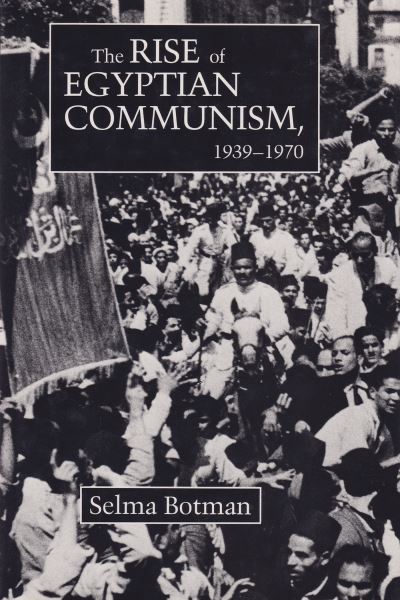
Selma Botman examines the virtually unknown history of communism in Egypt during the twentieth-century. In an original and well-documented study, the author has traced the development of the revolutionary left using political court cases, interviews with political activists, and literature from the communist movement itself.
In the post-World War II period, Egyptian communists operated in an environment of extreme secrecy and periodic repression. While the communist movement never became a mainstream political force or had realistic capabilities for overthrowing the royalist regime, its importance and influence were much larger than its numbers imply. Egyptian Marxists had a significant ideological impact on Egyptian society, especially among the intelligentsia and to a lesser degree among trade unionists. Moreover, they were present at key moments of nationalist, student, and working-class militancy. The revolutionary left also contributed to the destabilization of the constitutional monarchy and the worn-out Wafd Party, the premier nationalist organization in Egypt, and helped pave the way for the emergence of Gamal Abdul Nasser and the Free Officers movement of 1952.
| ISBN: | 9780815624431 |
| Publication date: | 1st August 1988 |
| Author: | Selma Botman |
| Publisher: | Syracuse University Press |
| Format: | Hardback |
| Pagination: | 188 pages |
| Series: | Contemporary Issues in the Middle East |
| Genres: |
Ancient history |